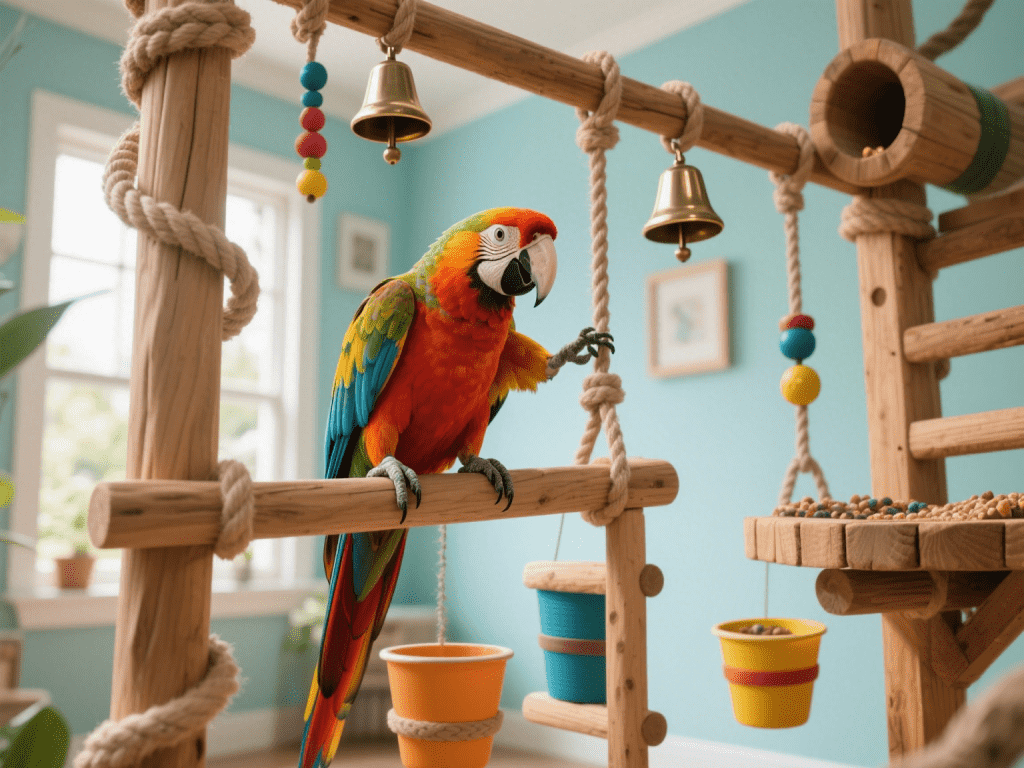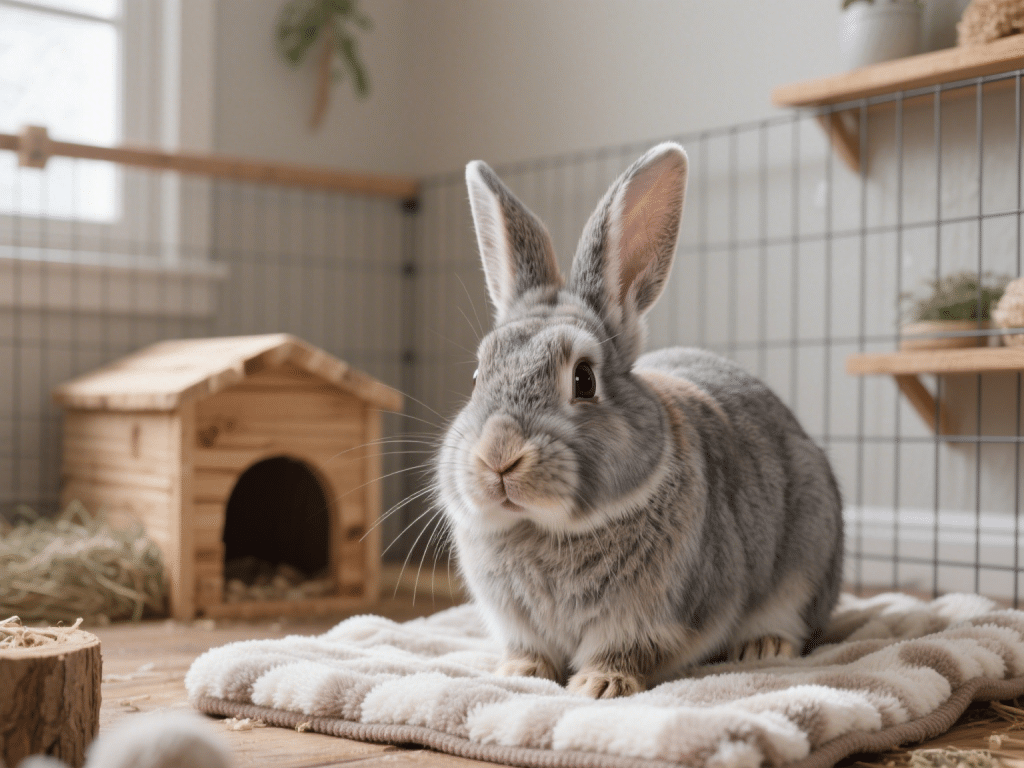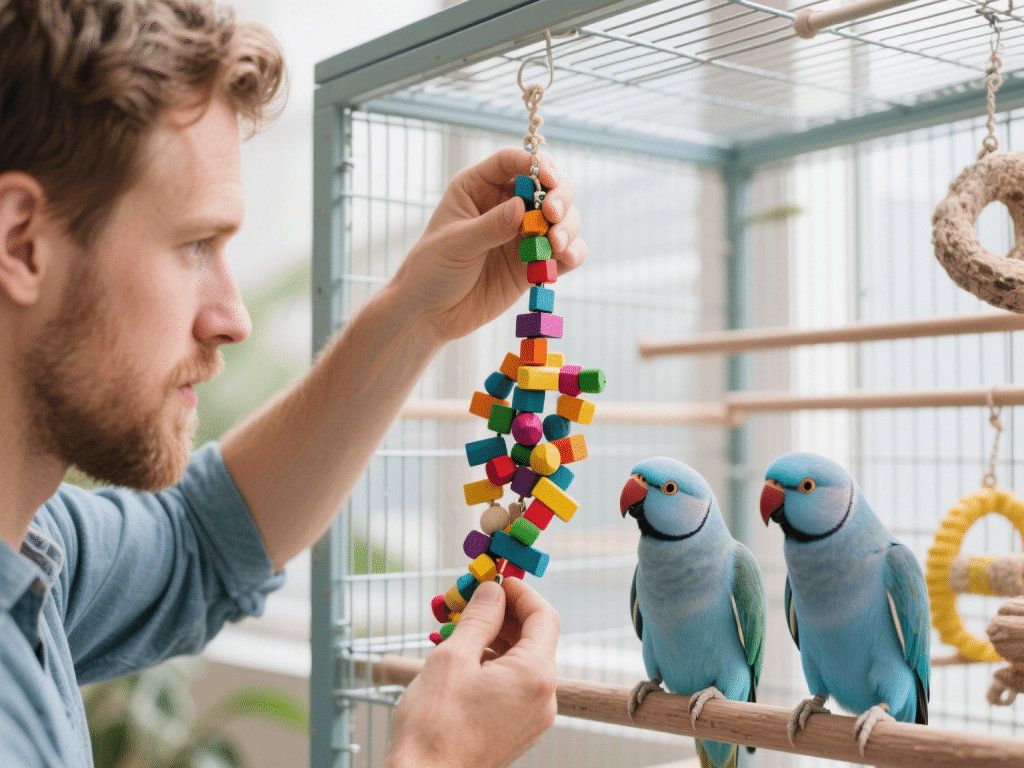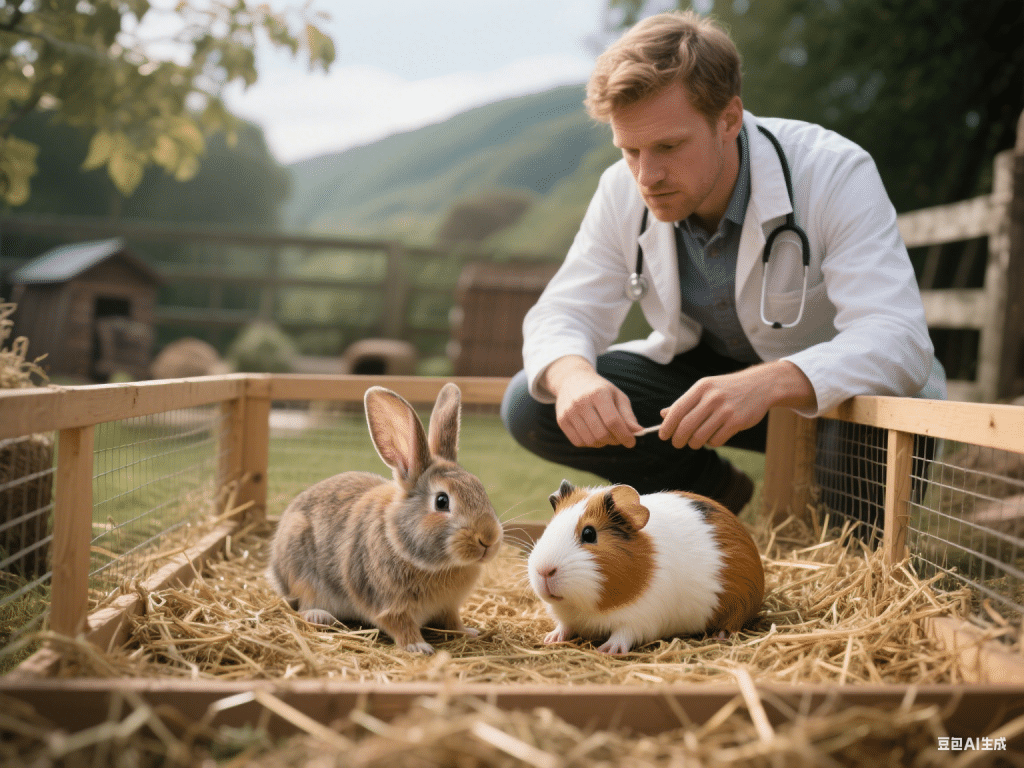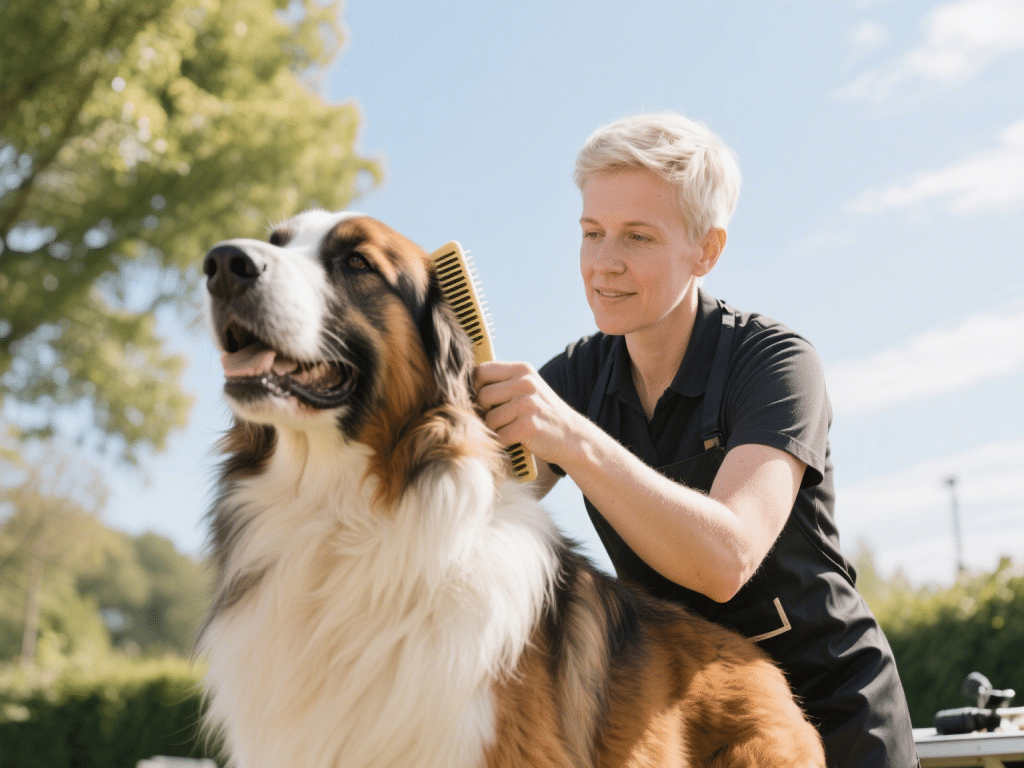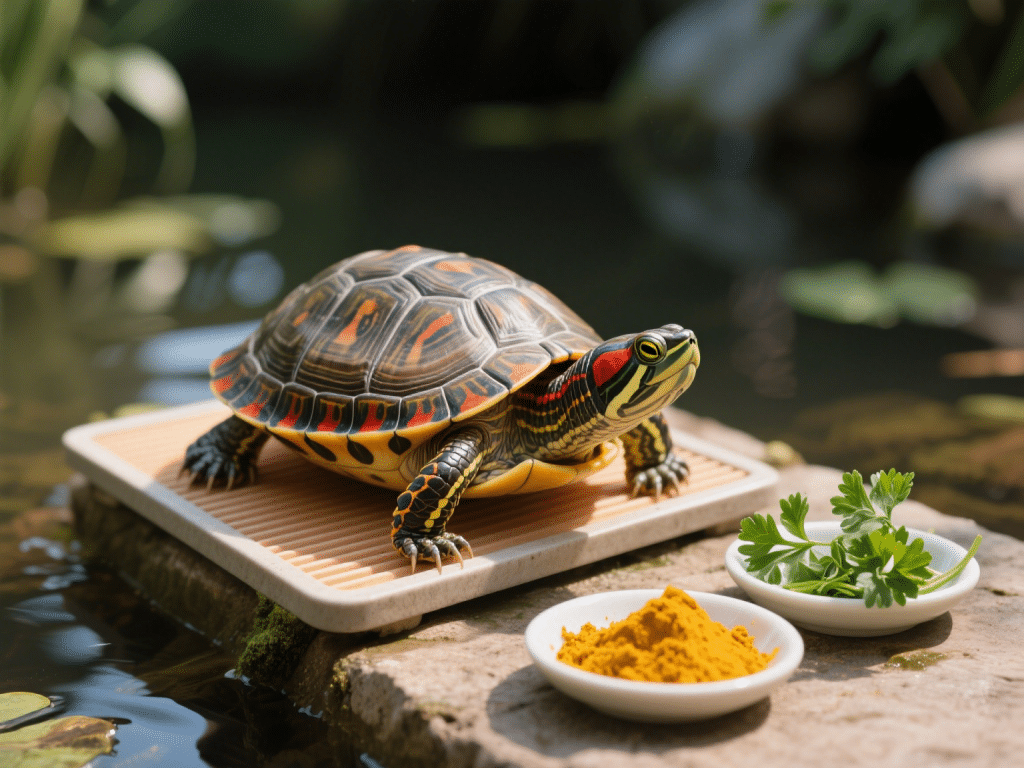
Just like other pets, turtles benefit from nutritional support that goes beyond basic diet. In my eight years of herpetology care, I’ve found that incorporating certain natural supplements can bolster immune defenses, aid shell health, and reduce disease risk. This guide explores evidence‑based supplement choices, proper dosages, and safe administration methods.
Why Supplementation Matters
Dietary Gaps: Even balanced diets can lack specific phytonutrients or antioxidants.
Stress & Disease Resistance: Supplementation helps turtles better withstand environmental stressors.
Enhanced Recovery: Post‑illness or post‑surgery, added nutrients can speed healing.
Top Five Natural Supplements
Turmeric (Curcumin):
Benefits: Anti‑inflammatory and antimicrobial.
Dosage: 50 mg per kg body weight, mixed into soft food once weekly.
Notes: Combine with a pinch of black pepper to enhance absorption.
Echinacea Purpurea:
Benefits: Immune stimulant shown to increase white blood cell activity.
Dosage: 5 mg per kg body weight, 2–3 times per week.
Notes: Use tincture form diluted in water.
Spirulina Powder:
Benefits: Rich in antioxidants, vitamins A and E, and beta‑carotene.
Dosage: 0.1 g per kg body weight daily, sprinkled on food.
Notes: Ensure food‑grade, seaweed‑derived source.
Probiotic Fortification:
Benefits: Supports gut flora balance, important after antibiotic treatments.
Dosage: Follow reptile‑specific probiotic capsule instructions, typically daily for 7 days.
Vitamin D₃ & Calcium Blend:
Benefits: Critical for shell and bone strength, joint health.
Dosage: 1:2 calcium‑to‑vitamin D₃ ratio, dusted on diet twice weekly.
Notes: Avoid over‑supplementation by alternating days.
Administration Tips
Mixing Methods:
Blend water‑soluble tinctures into daily soak water for passive absorption.
Use syringe feeding for turtles refusing supplemented food.
Monitoring & Adjusting:
Track weight and shell condition monthly; adjust dosages based on growth and health markers.
Safety Precautions:
Introduce one supplement at a time; watch for allergic reactions or appetite changes.
Consult an experienced reptile veterinarian before starting any new regimen.
Integrating with Diet & Habitat
Balanced Base Diet: High‑quality pellets, leafy greens, and occasional protein treats (fish/shrimp).
Optimal Basking Conditions: Immune health is tied to proper UVB exposure and temperature.
Clean Environment: Regular water changes and tank hygiene reduce pathogen load.
Conclusion
Natural supplements—when chosen and dosed correctly—can provide an extra layer of defense against common ailments, support shell integrity, and help your turtle thrive. By combining these boosters with a balanced diet, proper habitat care, and veterinary oversight, you’ll unlock your shelled friend’s full vitality and longevity.
NO: 19

